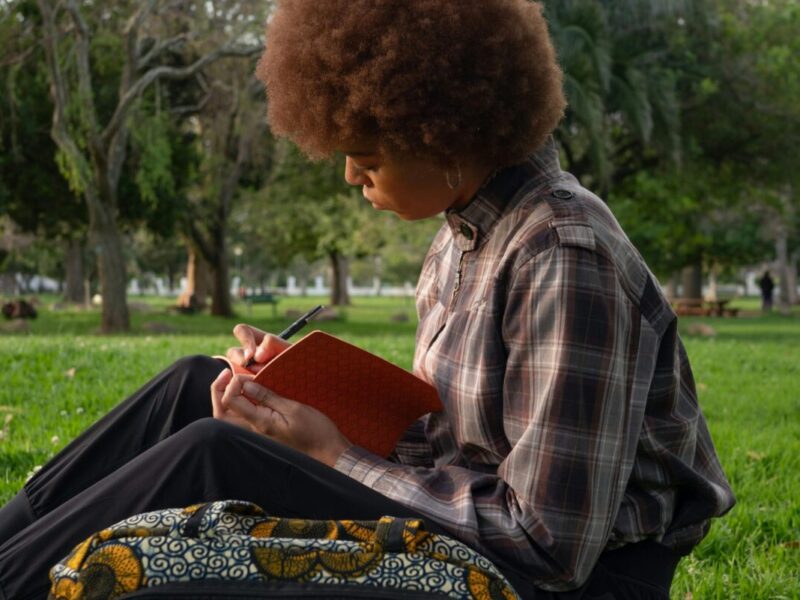With so much movement and noise in the world today, it can be hard to focus, difficult to know what to read and take in. Poetry is a special form of writing that forces us to slow down, to linger on words, and to feel the fluidity of the poet’s experience. The current political climate in the United States has many thinking about immigration, belonging, and the immigrant experience. The definition of belonging is different for everyone, but what better way to try to understand it, than through a poem?
Right now we have so many talented writers defining their immigrant experience through poetry, grappling with their place in this world, sorting through their anger, and seeking to understand where they truly belong.
When the Orders Came
they shipped us to sanctuary camps
& we forgot our other countries.
like, good schoolchildren, we sang
the anthem, so loud
until we could hear nothing else.
not the birds delighting
over their young, or the dogs’ snarl
at our feet, or him on the news
hourly, growling. this is the cost
of looking the other way
when they come for us.
i build safety inside you
& wake in cuffs.
i’m all mouth. every morning
i whisper my country my country my country
& hands stay empty.
what is land but land? a camp
but a camp? sanctuary
but another grave? i am an architect.
i permission everything
into something new.
i build & build
& someone take it away.
Fatimah Asghar speaks with such brutal and beautiful language. Ashgar was born in Cambridge, Massachusetts to Pakistani and Kashmiri immigrants, and her anger, confusion, and longing for home are so vivid. The way she repeats “my country” like a prayer shows where her heart truly lies, as she laments on what was taken from her. Her passion is so moving. It is definitely a poem I recommend reading more than once.
they have no idea what it is like
to lose home at the risk of
never finding home again
have your entire life
split between two lands and
become a bridge between two countries
Here Rupi Kaur explains the immigrant experience as a splitting of self, “a bridge between two countries.” Born in Punjab, a state in northeast India, Kaur immigrated to Canada with her mother when she was three years old. This poem depicts the difficulties of being a first-generation immigrant and wondering where your body truly belongs, here or there.
Citizenship
it was clear they were hungry
with their carts empty the clothes inside their empty hands
they were hungry because their hands
were empty their hands in trashcans
the trashcans on the street
the asphalt street on the red dirt the dirt taxpayers pay for
up to that invisible line visible thick white paint
visible booths visible with the fence starting from the booths
booth road booth road booth road office building then the fence
fence fence fence
it started from a corner with an iron pole
always an iron pole at the beginning
those men those women could walk between booths
say hi to white or brown officers no problem
the problem I think were carts belts jackets
we didn’t have any
or maybe not the problem
our skin sunburned all of us spoke Spanish
we didn’t know how they had ended up that way
on that side
we didn’t know how we had ended up here
we didn’t know but we understood why they walk
Born in Salvador, Zamora’s immigrant experience involved traveling alone, on foot when he was just nine years old to reunited with his family in the United States. The emphasis that Javier Zamora puts on the invisible and visible—lines that can or cannot be crossed—shows the painful barrier between those who are told they belong and those who are told they don’t—the iron poles, the repetition of the word fences, and the effort to keep people out.
Don’t talk about the motherland unless you know
that being from Africa means waking up an
afterthought in this country.
Don’t talk about my flavor unless you know
that my flavor is insurrection, it is rebellion,
resistance
Her immigrant experience, born in Darfur and moving to the U.S from Yemen when she was just four years old, Emtithal Mahmoud’s immigrant experience is an experience of rage and defense. In this excerpt from her performance at the 2015 Individual World Poetry Slam Championship, Mahmoud defends her mother country and her own Africaness. I love her use of “flavor” as a way of describing herself; she is confident in her own skin.




